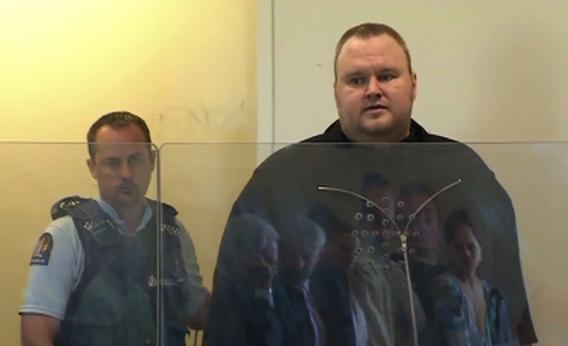Ever since Napster made digital music piracy a mainstream phenomenon, the record industry has been reeling. At least, that’s the conventional wisdom. Yet the file-sharing blog TorrentFreak is touting what it says is a leaked slide from a presentation by the Recording Industry Association of America that suggests online file-sharing today accounts for just 15 percent of all music acquired by U.S. consumers. Instead, the two largest sources of unpaid music are “hard drive trading” and “burning/ripping from others,” at 19 percent and 27 percent, respectively. In other words, most people get their free music from their friends, not the Internet—just like they did in the days of cassette tapes.
In all, 65 percent of music in the United States is obtained for free, while people pay for 35 percent, according to the RIAA’s (alleged) numbers. Of the free music, 70 percent is obtained offline. TorrentFreak’s takeaway: “Even if all online music piracy disappeared tomorrow, more than half of all music acquisitions would be unpaid.”
That doesn’t necessarily mean the RIAA isn’t justified in wanting better copyright protections for music online. But it does suggest that the impact on the music industry of peer-to-peer sharing networks such as BitTorrent and file-sharing sites such as Megaupload isn’t as grave as it’s often made out to be.* (And TorrentFreak worries that it means the RIAA will be going after offline sharers next.) The decline in peer-to-peer sharing could also suggest that online radio services such as Spotify and cheaper music on sites such as Amazon.com are offering more attractive alternatives to piracy. The NPD’s report showed an uptick in people paying for music in the past year.
How reliable are the figures? It’s hard to say. The chart in question cites the NPD Group’s annual study of the U.S. music market, which is one of the more reputable purveyors of such information. But these particular numbers weren’t mentioned in NPD’s public release about the study. Instead, TorrentFreak noticed them in the leaked chart, which it says was marked “confidential.” I’ve asked the RIAA for comment and will update if they respond.
UPDATE: The RIAA declined to comment on the veracity of the leaked presentation slide or the numbers therein. Spokesman Jonathan Lamy said he has “nothing to add.”
*Correction: This article originally mistakenly referred to Megaupload as a peer-to-peer sharing network. It was in fact a network of file-hosting and file-sharing websites, not a peer-to-peer system.
